Column

Japanese Prime Minister Shinzo Abe (left) and Chinese President Xi Jinping (right). Lintao Zhang/Getty Images
Japanese Prime Minister Shinzo Abe is back from Beijing after a three-day visit that both countries see as the beginning of a new era in bilateral relationship. The two East Asian neighbors had been at odd for last seven years over a number of disputed issues ranging from historical perceptions to territorial claims. The dispute over Senkaku Islands in South China Sea attracted additional global attention when in 2012 the then Japanese government decided to buy some of the islands from the private ownership of a family that was granted rights over the uninhabited dotted spots on the sea during Japan's Meiji era. The tussle resulted in stalling high level negotiations between the neighbors and relationship soured further with anti-Japan sentiment in China spilling over widespread street protests throughout the country. No Japanese leader has since then visited China and Chinese leadership also refrained from engaging with their Japanese counterparts, even at the backdrop of international gatherings, a diplomatic procedure seen normal when situation turns tense.
However, this hard-line attitude of both sides gradually started waning with the administration of Donald Trump turning increasingly cynical, particularly on trade issues. Further, as President Trump launched his salvo against multilateralism by making no secret of his intention to move the country firmly under a protectionist umbrella, China and Japan, two important trading partners of Washington, becoming the prominent target, felt the need of a rapprochement at such a disturbing time.
As the US attack against Washington's major trading partners intensified resulting in imposition of unilateral sanctions in the form of punitive tariff, many countries in different regions found it difficult to seat idle and soon started joining hands with the intention of building a hedge against the whimsical decisions of world's most powerful economy. One of the significant results the unity has produced so far is the revival of Trans Pacific Partnership (TPP), a free trade agreement that now is set to become a reality without US participation. And in bilateral arena, Japan and China realized the necessity of moving away from the disputes that are more of a symbolic nature and focus on what has been happening in reality. This resulted in breaking the deadlock for making a headway forward, which was first reflected in Chinese Premier Li Keqiang's visit to Japan in May this year. The visit paved the way for Abe to make a return trip and discuss with the Chinese leadership, including President Xi Jinping, wide range of issues with the aim of reaching a win-win situation amid tense global atmosphere. Abe visit resulted in signing a broad range of agreements including a currency swap pact.
This year marks the 40th anniversary of a peace and friendship treaty that Japan and China signed six years after reestablishing diplomatic relationship in 1972. Though it was hard to predict about the warming up of relationship between the two countries at the beginning of the year, the anniversary year eventually turned out to be a landmark one thanks mainly to the external factors that made both the countries an easy target of Trump's political rhetoric. Prior to his departure for Beijing last Thursday, Abe told Japanese journalists that he was aiming at establishing a new dimension in Japan-China cooperation. All his efforts in Beijing ware clearly undertaken in line with that goal and Chinese side also responded positively. As a result, a number of decisions taken by the leadership of both the countries reflected the sincere desire of Japan and China to look for ways to overcome difficulties and take a more conciliatory approach. The two countries not only agreed to boost bilateral economic cooperation and promote free trade, they also decided to cooperate in infrastructure projects in developing countries and resume a currency swap line in case of financial crisis.
Japanese private sector delegation that accompanied Abe was also seen busy warming up ties with the Chinese counterpart. Deals worth a total of $18 billion were signed between Chinese and Japanese companies during the visit. Chinese Premier Li Keqiang hailed the deals by terming them as "bright prospects" for cooperation between the two countries. In his first summit meeting with Abe, Chinese President Xi Jinping expressed satisfaction over bilateral ties returning to a normal track and expressed hope for the positive momentum to continue. Japanese and Chinese leaders also confirmed that they will work together to counter anti-globalism and promote free trade.
However, at the backdrop of warming up of relationship between the two important trading partners and neighbours, lurk a number of issues that need to be dealt with extreme care. Although Japan is keen for closer economic ties with her biggest trading partner, Tokyo, at the same time, is worried about China's growing military power. As a result, Japan also feels the necessity of managing the rapprochement without upsetting country's key military ally, the United States. Hence, many among foreign policy experts in Japan and in the West do not necessarily believe that an improvement in bilateral relations with China will move Tokyo away from Washington. What they see in the rapprochement is an attempt on part of Japan to create pressure on US for easing the hard-line stance.
Moreover, there also remains the territorial issue between Japan and China. Though Abe has hinted that in his meetings with the Chinese leadership progress was made in efforts to turn the East China Sea, location of the disputed islands, into the sea of peace, cooperation and friendship, no specific measure of how the countries are to do that was agreed upon, except confirming that they would accelerate talks for joint exploration of gas fields in the East China Sea. Moreover, another important issue that leaders have most likely intentionally bypassed is that of South China Sea, where Japan too is keeping a watchful eye over Chinese military build-up. So it can be safely said that the two countries have decided to focus more on economic ties, sidelining the thorny political issues. Whether such a decision is just for the time being, only time will be able tell more about that.
(Tokyo, October 28,2018)






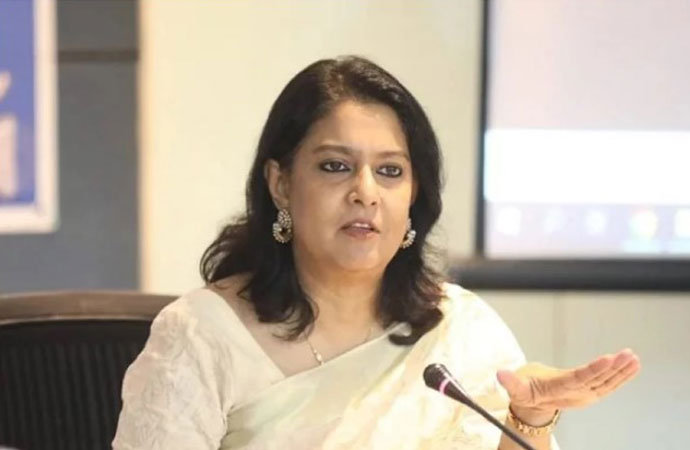












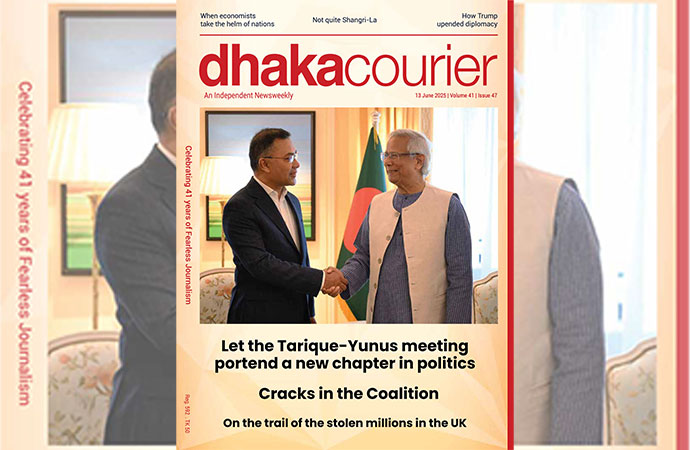
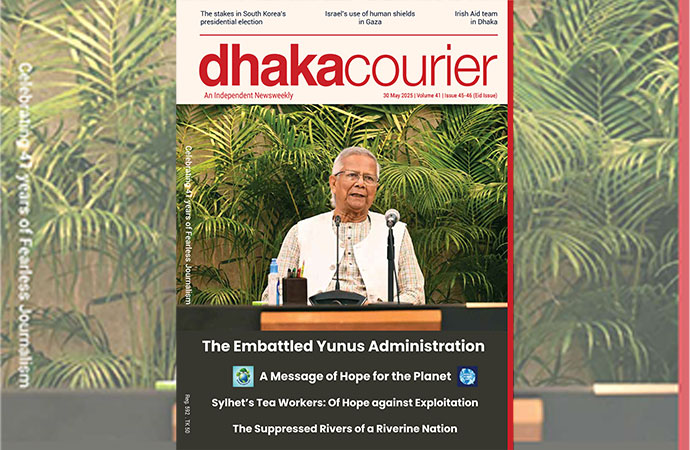
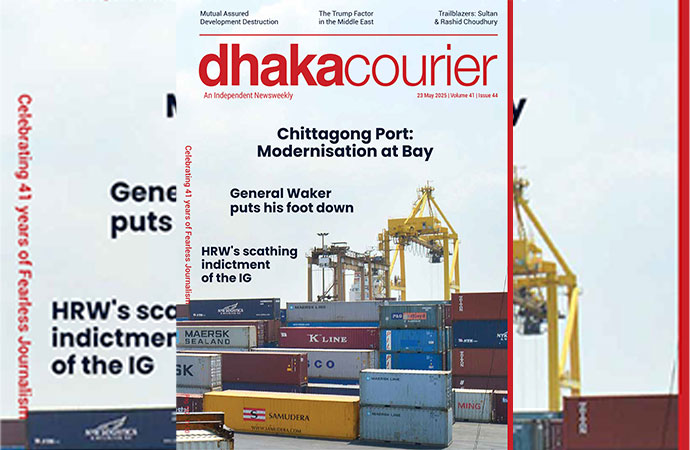

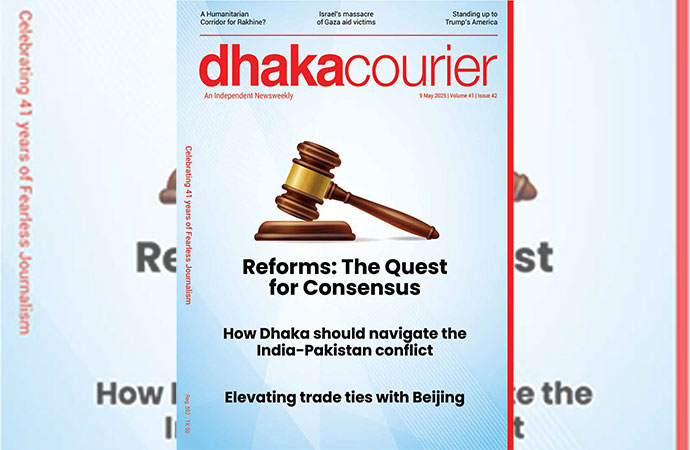

Leave a Comment
Recent Posts
Enayetullah Khan to represent ...
Enayetullah Khan, Editor-in-Chief of United News of Bangladesh (UNB), ...
The tragedy in Ahmedabad touch ...
Air crashes are inherently international incidents, and the emotions t ...
Asset recovery a key focus; breakthroughs from talks ..
'It'll inspire youths to build Bangladesh they dream ..
UK envoy Sarah Cooke happy with Yunus’ visit to Brit ..
Prof Yunus honoured with prestigious Harmony Award b ..